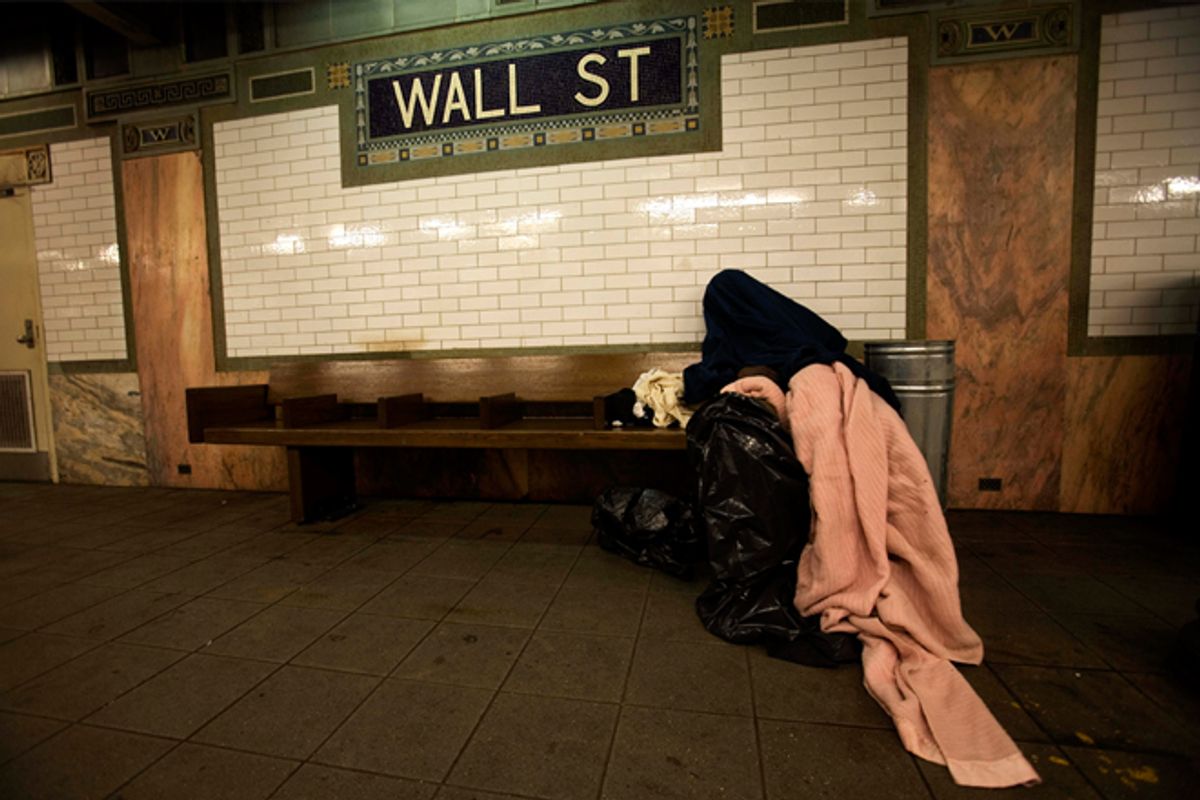A new Pew Research Center survey examining global attitudes toward economic inequality reveals significant anxiety about standards of living and the gap between rich and poor. That anxiety is common among advanced economies, emerging markets, and developing economies – and the U.S. is no exception.
Among the most striking findings in the poll was that citizens of emerging market and developing countries are actually more optimistic about the next generation's financial prospects. In emerging market and developing countries, a median of about 50 percent of respondents predicted that the next generation would be better off than the current one. In the 10 advanced economies surveyed, a median 65 percent expected today’s children to be worse off, while just 28 percent expected them to do better; in the U.S., the figures were 65 percent and 30 percent, respectively.
Inequality was also high on respondents’ list of economic worries. In all of the 44 nations Pew surveyed, a majority of respondents said economic inequality was a big problem.
The survey revealed global differences in attitudes economic opportunity, with Americans standing apart from much of the world in the fervency of their beliefs that success is not determined by forces outside one’s control and that it’s very important to work hard in order to advance in life.
Ask Americans what explains inequality, however, and old tropes about rugged American individualism start to fall apart under scrutiny. Even as many Americans emphasize hard work and continue to believe that success is within one’s own power, they don’t think that individual initiative is behind the gap between the rich and the rest. Only 24 percent of Americans told Pew that such a gap exists because some people work harder than others. Another 24 percent blamed government economic policy; other culprits included the educational system (17 percent), the tax system (15 percent), the amount of workers’ pay (13 percent); and international trade (3 percent).
How would Americans tackle the problem? A 49 percent plurality said they’d prefer to raise taxes on the rich, while 38 percent said they’d like to see lower taxes to stimulate economic activity.
Americans may provide even stronger support for robust action to combat inequality if they realized its scope. While the survey showed significant concern about inequality and its social implications, research shows that most Americans significantly underestimate how extensive the problem is. The median American respondent to a recent Harvard Business School survey estimated that the typical CEO makes about 30 times as much as his or her employees. The actual factor is 300.

Shares